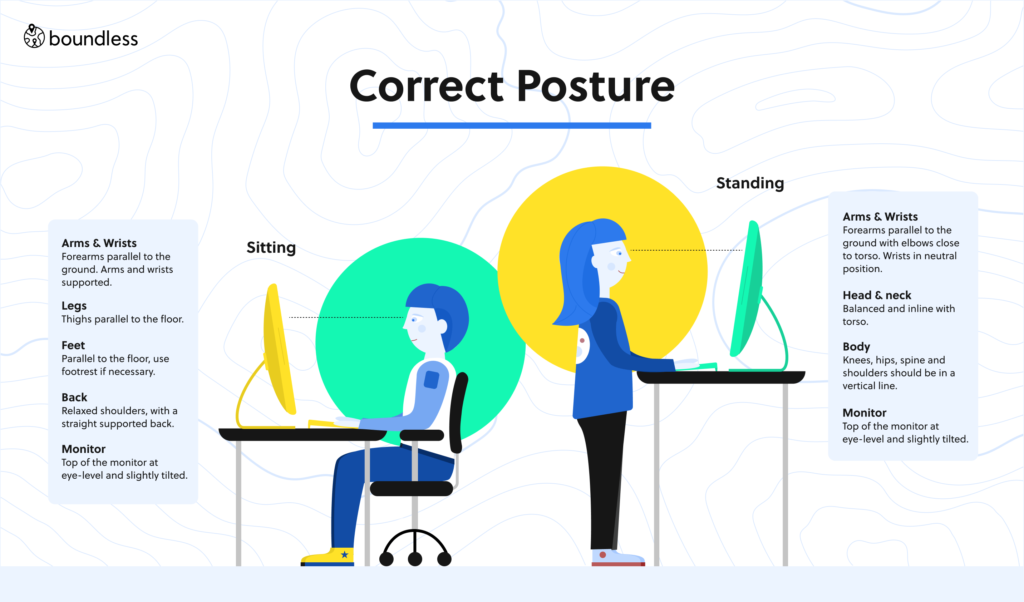

COVID-19, prompted the Chilean authorities to adopt the first-ever remote work measure into their legislation, known as Distance Working and Teleworking (Law No 21,220). The first action was to define and distinguish telework and distance work, both defined as follows:
It shall not be considered telecommuting or teleworking if the worker provides services in places designated and authorized by the employer, even if they are located outside the premises of the company.
Although it’s not a statutory right to be able to request flexible work, employers and employees may agree to this arrangement at any stage of the employment relationship by means of an employment contract or an addendum to it. If the employee and the employer decide to move to teleworking, either party may decide to reinstate the previous way of work. However, that require at least 30 days’ notice.
During a declared public disaster or a pandemic caused by an infectious disease, employers must allow pregnant employees to distance-work or telework without lowering their pay.
Both telework and distance work require a written agreement between the employer and the employee, which cannot lower the employee’s salary nor curtail any individual or collective right that is compatible with the rules provided on distance working and teleworking. The agreement must also include where the employee will be working from (from their home or another specified place). If the services may be provided in more than one place because of the type of job involved, it may be agreed that the place may be chosen by the employee. After the agreement has been signed, the employer must register it with the Labour Directorate within 15 days.
Working hours are treated differently depending on the arrangement, as follows:
Distance employees who are free to choose how to distribute their working hours, and teleworkers not subject to working hour restrictions have the right to disconnect and should not be contacted nor made to work by the employers for at least 12 uninterrupted hours in any 24-hour period. In this period, employers are not allowed to expect the employee to respond to communications, orders, or other requests. In addition, employers are not allowed to communicate or make orders or other requests on days falling within these employees’ rest, leave, or annual vacation periods.
Employers are required to provide the necessary tools, equipment, and supplies for the services under distance or teleworking arrangements and cannot make employees use their own property. Moreover, employers must cover the operating, running, maintenance, and repair costs of the equipment needed to perform the work correctly. If, in order to perform the work, the employee requires electricity and Internet, the employer must pay for it.
Employers also have a duty to inform employees of the health and safety requirements that they must fulfil in the place where they work, any potential occupational risks to which they may be exposed, along with preventive and safe working practices, and to make sure that those health and safety requirements are observed. Moreover, employees must be trained in these matters, either directly or with the assistance of the overseeing agency for Law No 16,744 on insurance for occupational accidents and occupational disease.
Employers must inform of the existence or otherwise of labour unions and ensure that employees are able to take part in any collective activities that take place on the employer’s premises. Employers are responsible for the transportation costs of the workers. There cannot be restricted entry to the employer’s premises for the employee.
Employers have the following obligations regarding employees working from home:
Chilean legislation does not give the employer the right to enter the employee’s home, even if that’s the employee’s main place of work, without prior authorization.
The same data protection rules that apply at the office apply at the home office (Personal Data Law 19.628, DPA). Employers are responsible for ensuring that the company’s, their clients’, and their employees’ data is protected and secure at all times regardless of the place of work. Employers should pay even closer attention in situations where the employee uses their own equipment for work and when documents are taken out of the office.
Although it’s not mandatory, employers should take all reasonable steps to ensure employees’ workstations are correctly set up, safe, comfortable, and easy to use to reduce potential injuries as indicated in the health and safety measures. In turn, employees should care for their health and safety and follow any reasonable policies or directions their employers give them.
An appropriate workstation will include the following:

Teleworkers and distance workers both enjoy the same rights as office-based employees, as established in the Labour Code. Companies are prohibited from reducing any of the employee’s rights, including remuneration, because of the work arrangement.
Employers are allowed to surveil employees working from home; however, they must respect individual’s right to privacy and private life and are not allowed to permanently surveil or remotely control employees unless the employer can prove the technical need for production or safety reasons. Employers are not allowed to monitor or record the employee’s communications such as emails but may find an alternative such as asking the employee for a copy of the emails or for information regarding calls.
If the parties agree that the employee will be exempt from the teleworking time limit, the employer cannot exercise control of the work or supervision over the manner and timing in which the work is carried out.